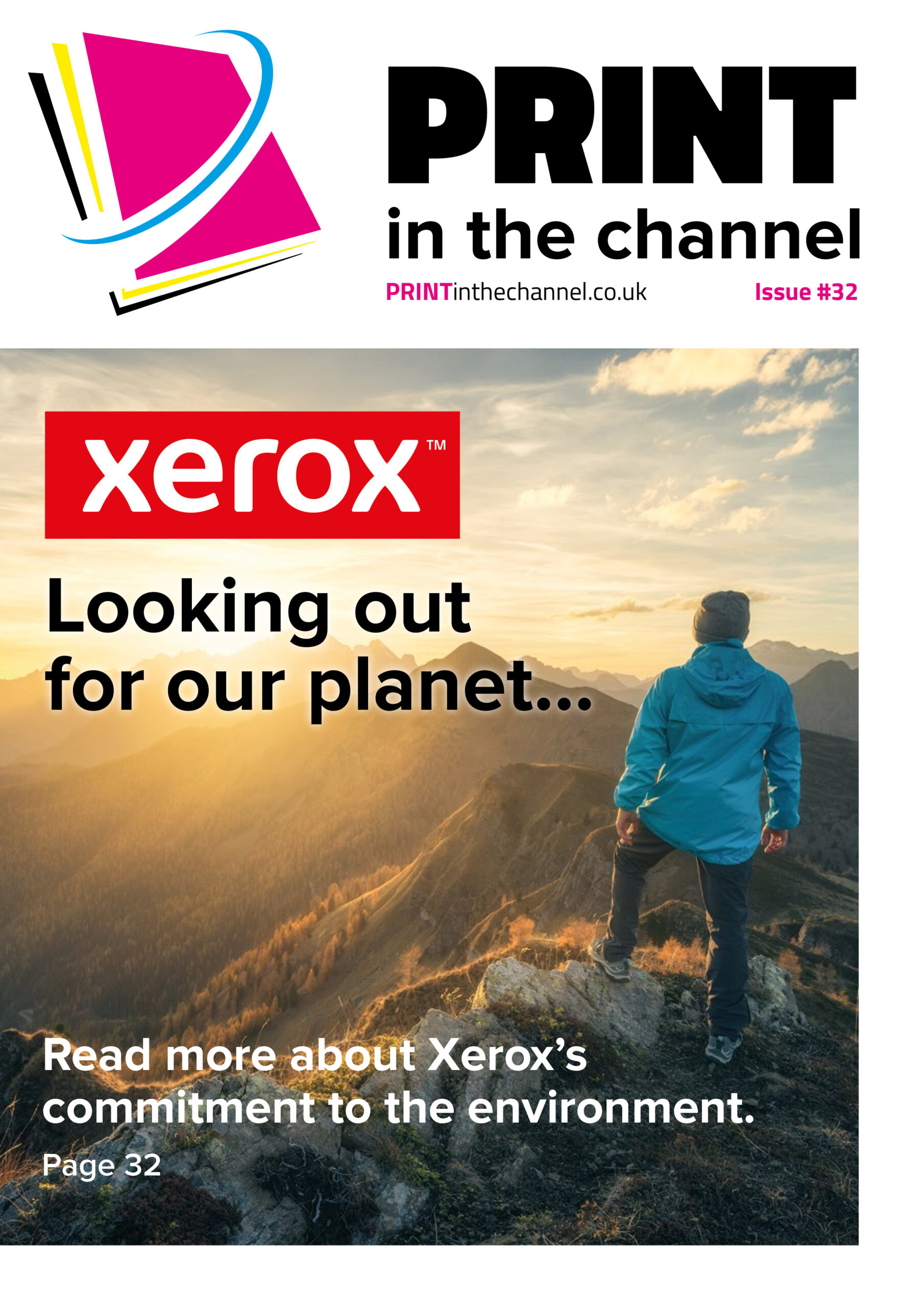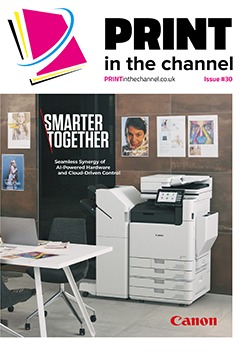Canva and MMA Global have collaborated on a study of almost 100 senior creative leaders, revealing the growing importance of creative processes in marketing. The study shows that 77% of marketers believe creativity is more vital than ever due to rapid advancements in marketing technologies. However, less than 40% feel companies are making the right investment in creative talent and tools, with measuring ROI on creative efforts proving challenging. The study also highlights a shift towards in-housing creative functions for increased transparency and cost efficiency.
- 77% of senior marketers believe creative output is more crucial than ever before.
- 18% of marketers invest less than 10% of their total marketing budget on creative processes and tools, with almost half feeling they are underinvesting.
- 30% have moved more work in-house in the last 12 months, with 31% expecting to do the same in the next year.
The Creative Revolution, Data and Analytics
In a time where marketing creativity is at a pivotal moment, a recent benchmark study conducted by MMA Global in partnership with Canva has unveiled some telling insights. The study, “The State of Creative Process in Marketing“, has indicated that the creative process, which encompasses all elements of campaigns and content, isn’t just a growing trend, but rather a necessity, with 77% of marketers declaring its importance more than ever before.
Interestingly, the rise of data and analytics has been seen as a significant boon by 80% of marketers. It has enhanced their ability to craft compelling and effective creative strategies, revolutionising the creative process. However, the study also highlights a gap whereby marketers believe they’re not making the right investment in creative talent and tools, a difference between perceived importance and actual resource allocation.
Even with the advancements in marketing technologies, measuring the ROI of creative efforts remains an elusive task. Fewer than 40% of marketers are confident in their ability to accurately assess its impact. As a result, there’s a notable shift towards in-housing creative functions, with an average of one-third of marketers expected to increase their in-house creative operations.
As the future of marketing hinges on the ability to navigate these complexities and harness the full potential of creative innovation, there’s a growing need for strategic investment in creativity. This includes the integration of advanced technologies and a robust approach to measuring effectiveness.
Pool for Top Creative Talent is Shrinking
Somehow, with ever more graduates entering the market each year, the Canva MMA Global study found that 47% of marketing leaders felt the pool of strong talent had shrunk, revealing a potential skills gap.
“Producing stellar creative output while optimising for resource efficiency is a massive challenge for every modern marketer today. How brands show up has gotten more competitive, there is a lot of tech to wade through, and the talent pool is narrowing,” said Canva CMO Zach Kitschke. “We’re delighted to work with the MMA team to identify the pain points and opportunities that marketers are facing today, in order to shed light on top-of-mind issues to inform their decision making.”
Canva: Empowering Everyone to Design
In a time when budgets are stretched Canva offers a variety of tools purpose-built for marketers and creatives, many free to access or trial. In recent years, Canva has introduced a number of products and services to unlock new levels of creativity, collaborate more effectively and scale content creation, including Canva Teams and Canva Enterprise. With future predictions of more creative work moving in-house, applications such as Canva will only gain in popularity.
Final Thoughts
The findings of this benchmark study bring to light some crucial aspects of the creative process in marketing. As we move forward, it is imperative to bridge the gap between the perceived importance of creativity and the actual investments made in it. The challenge of accurately measuring the ROI of creative efforts is one that needs to be addressed.
As MMA Global CEO Greg Stuart aptly put it,
“Marketers face a pivotal moment where embracing AI and the challenge of managing the Brand via what can be thousands of executions will redefine creativity’s role and brand communication, demanding a new and updated focus to managing the creative process.”
Indeed, the creative revolution is here, and it is transforming the world of marketing as we know it. The future is bright for those who can navigate the complexities of this revolution, especially those that quickly adopt collaboration platforms, photo/editing and generative AI tools, and harness the full potential of creative innovation.
FAQ
Q: What percentage of marketers believe that creative output is more crucial now than ever before?
A: More than three-quarters (77%) of senior marketers in the UK and US believe creative output is more crucial now than ever before.
Q: What percentage of marketers see the rise of data and analytics as a significant boon for crafting compelling creative strategies?
A: 80% of marketers see the rise of data and analytics as a significant boon for enhancing their ability to craft compelling and effective creative strategies.
Q: How much of their total marketing budget do 55% of marketers invest in creative outputs?
A: 55% of marketers invest 10 to 25% of their total marketing budget on creative outputs.
Q: What percentage of marketers believe they are underinvesting in creative talent?
A: More than 36% of marketers believe they are underinvesting in creative talent.
Q: How many marketers are expected to increase their in-house creative operations?
A: On average, one-third of marketers are expected to increase their in-house creative operations (and decrease outsourcing).
Q: What percentage of marketing leaders say the pool of strong talent has shrunk?
A: 47% of marketing leaders say the pool of strong talent has shrunk.









